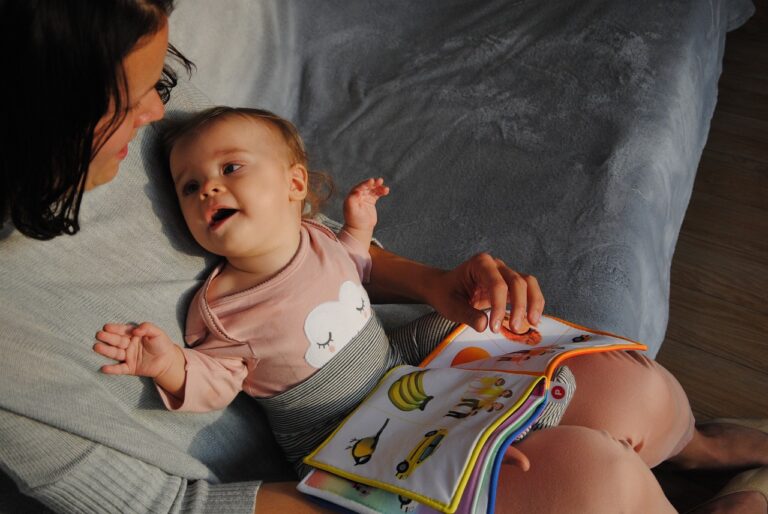The Role of Differentiated Instruction in Homeschooling
all panel 777, lesar247, 99 exch: Homeschooling has become an increasingly popular choice for families looking to provide a customized education for their children. One of the key strategies that many homeschooling parents use is differentiated instruction. This approach recognizes that each child has unique learning styles, strengths, and weaknesses, and aims to tailor instruction to meet each child’s individual needs.
Differentiated instruction in homeschooling involves creating personalized learning experiences for each child to ensure they are challenged and supported at their own pace. This approach allows children to learn in a way that is best suited to their abilities, interests, and preferences, ultimately leading to better academic outcomes.
Here are some key ways in which differentiated instruction plays a crucial role in homeschooling:
1. Understanding Each Child’s Needs:
By getting to know each child’s learning style, interests, and strengths, homeschooling parents can develop customized lesson plans that cater to their individual needs. This can involve using different teaching methods, materials, and resources to help each child succeed.
2. Flexibility in Learning:
One of the advantages of homeschooling is the flexibility it offers in terms of scheduling and pacing. With differentiated instruction, parents can adapt lessons to match each child’s pace of learning, allowing them to dive deeper into topics of interest or spend more time on challenging concepts.
3. Personalized Support:
Differentiated instruction allows parents to provide tailored support to each child based on their specific needs. This might involve providing additional resources, offering extra practice exercises, or adjusting the difficulty level of assignments to ensure each child is challenged and motivated.
4. Encouraging Independence:
By allowing children to learn at their own pace and in a way that suits their learning style, differentiated instruction in homeschooling promotes independence and self-directed learning. This can help children develop critical thinking skills and a love for learning that will serve them well throughout their academic journey.
5. Fostering a Positive Learning Environment:
When children feel supported and challenged in their learning, they are more likely to engage with the material and succeed academically. Differentiated instruction helps create a positive learning environment where children feel valued, motivated, and confident in their abilities.
6. Strengthening Parent-Child Relationship:
Homeschooling with differentiated instruction allows parents to have a deeper understanding of their child’s academic needs and progress. This close relationship can strengthen the parent-child bond and create a supportive learning environment where children thrive.
In conclusion, differentiated instruction plays a vital role in homeschooling by helping parents tailor education to meet the unique needs of each child. By personalizing learning experiences, providing individualized support, and fostering a positive learning environment, homeschooling parents can help their children reach their full academic potential.
—
**FAQs**
1. **What is differentiated instruction?**
Differentiated instruction is an approach to teaching that recognizes and accommodates the diverse learning needs of students. It involves adapting teaching methods, materials, and assessments to meet the individual needs of each learner.
2. **How can I implement differentiated instruction in my homeschooling?
To implement differentiated instruction in homeschooling, start by getting to know your child’s learning style, interests, and strengths. Tailor your lesson plans to meet their individual needs and provide personalized support to help them succeed.
3. **Is differentiated instruction effective?
Research has shown that differentiated instruction can lead to better academic outcomes for students by meeting their individual learning needs and promoting engagement. By personalizing learning experiences, children are more likely to succeed academically and develop a love for learning.







